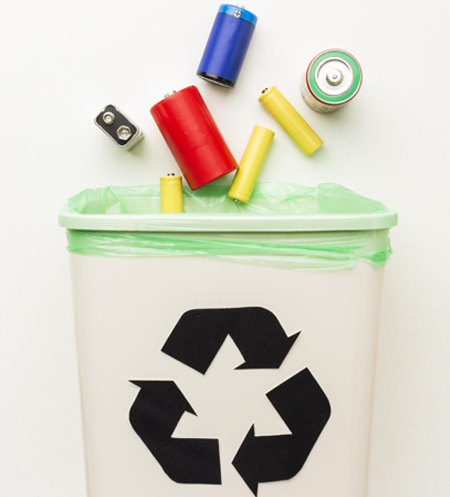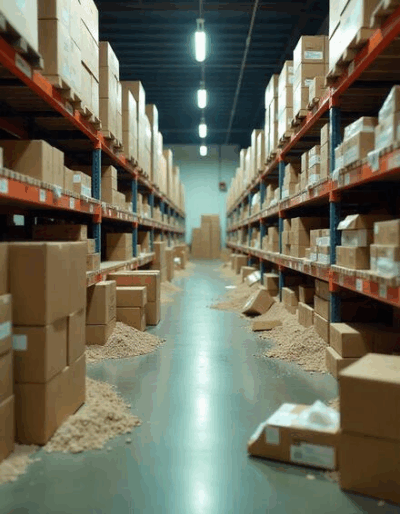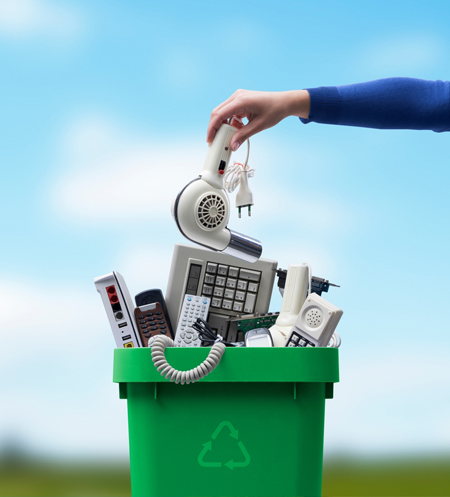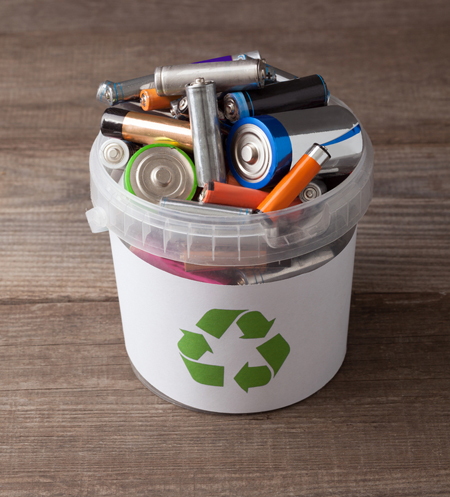Compliance with Non-Hazardous Waste Regulations
Businesses must follow local and national guidelines for non-hazardous waste management, which typically include:
- Aligning with municipal and environmental agency standards
- Maintaining disposal logs for transparency and audit readiness
- Partnering with certified recyclers and waste processors for safe handling of expired goods
Compliance ensures environmental accountability and protects brand reputation.







